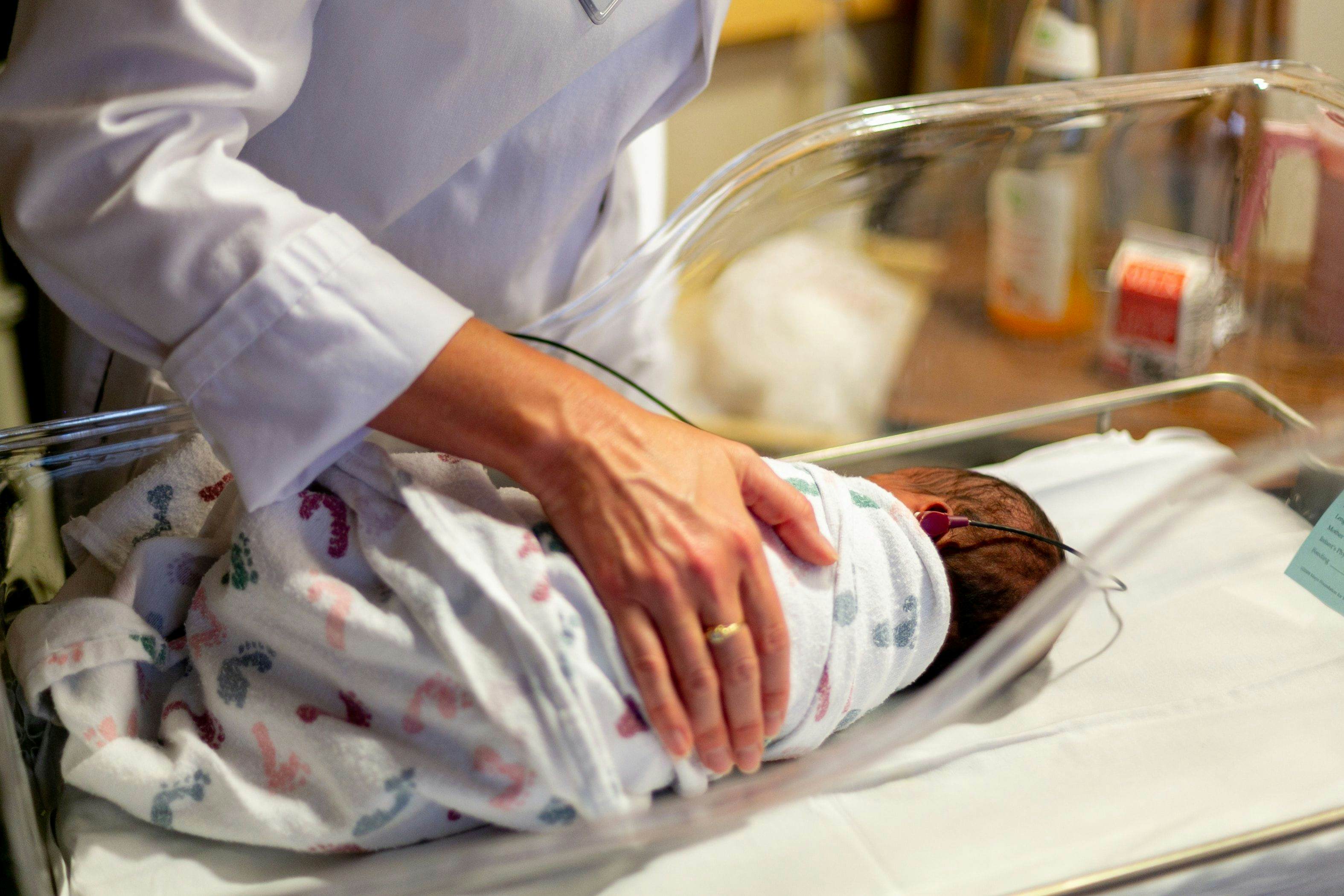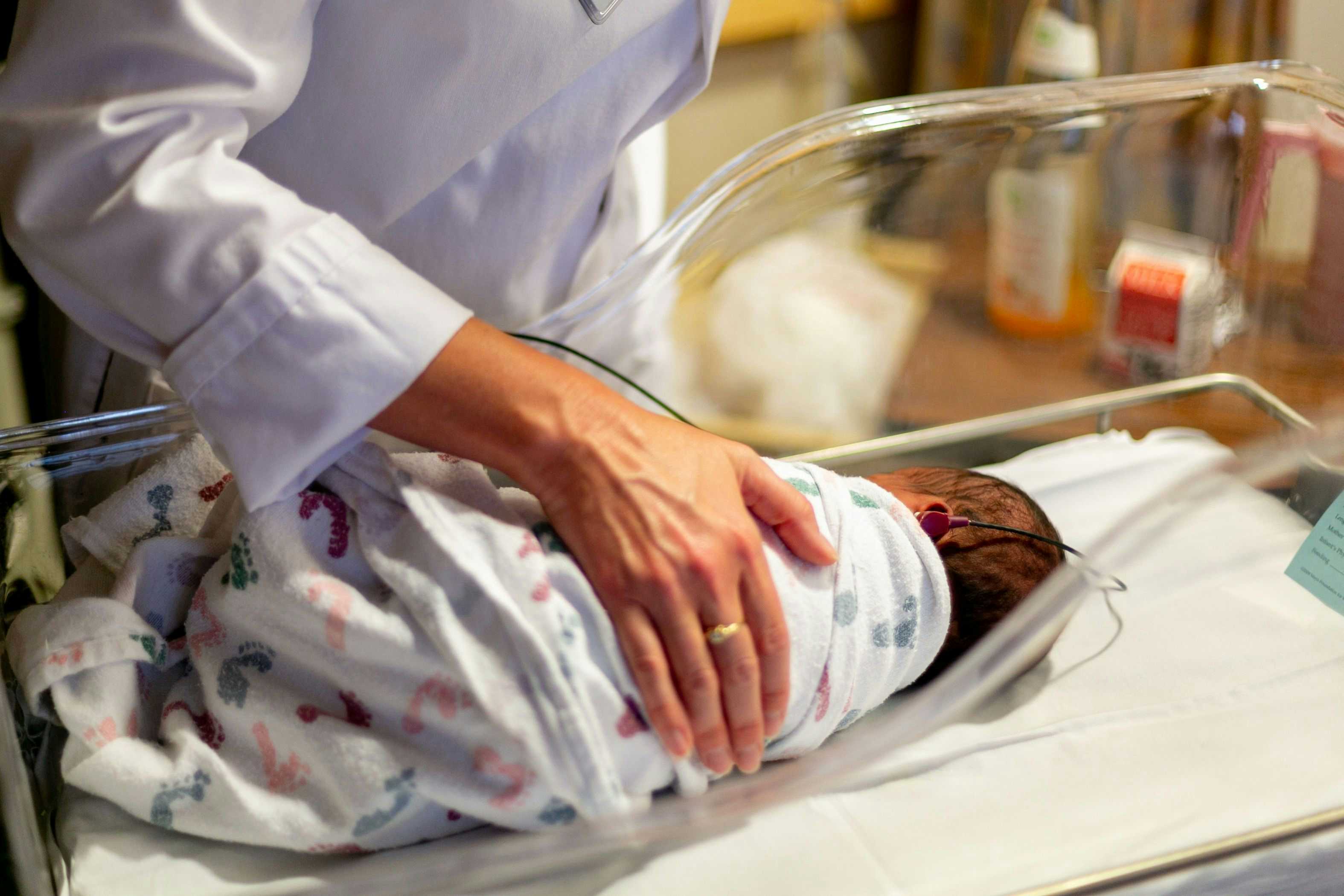The Nebraska Supreme Court recently affirmed a direct verdict in favor of two defendant doctors in a medical malpractice case stemming from birth injuries suffered by plaintiffs’ son. The appeals court affirmed the trial court’s ruling excluding expert testimony from two of the three medical experts offered by plaintiffs, and finding that the one remaining expert’s testimony was insufficient to support a verdict in favor of the plaintiffs. As a result, the Court upheld the directed verdicts and found that plaintiffs failed to present evidence to allow a reasonable jury to make findings in their favor as to their malpractice claims.
The Lawsuit’s Allegations
In 2015, plaintiff Jamie Carson went into labor and was admitted to St. Francis Medical Center in Grand Island, Nebraska. A nurse had called Rebecca Steinke, M.D. to the hospital after the heart rate of the baby, Boston Carson, dropped to around 90 beats per minute and medical personnel were having trouble keeping the monitor in a good position. When Steinke arrived at the hospital, she decided to place an internal monitor on Boston’s head to obtain a more consistent reading of his heart rate. In order to do so, Steinke punctured Carson’s amniotic sac in order to feel around Boston’s head. She then felt Boston’s umbilical cord by his head, so Steinke ordered nurses to summon a surgeon to perform an emergency cesarean section. While waiting to be moved to the operating room, Steinke kept her hand on Boston’s head to prevent the umbilical cord from pinching him. When Boston was delivered via C-Section, he was not moving nor breathing. An emergency room physician was able to resuscitate and intubate Boston.
Douglas Boon, M.D. then took over Boston’s care and provided treatment until Boston left the hospital. During one of Carson’s visits to the neonatal intensive unit, Boon advised her that Boston was dying due to breathing difficulty. Carson requested to transfer Boston to a different hospital, and was ultimately brought to the Children’s Hospital in Omaha, where he was placed on a breathing machine. He was subsequently discharged from the hospital and proscribed seizure medication. After Boston’s discharge, Steinke evaluated him and created a “problem list” which included potential problems Boston may have experienced, such as hypoxic ischemic encephalopathy (“HIE”) – decreased alertness and cell damage from lack of oxygen.
Jamie Carson and her husband, Brad Carson, filed a lawsuit individually and on Boston’s behalf, against Steinke and Boon for medical malpractice. The plaintiffs alleged that as Boston had grown, he became developmentally delayed. He required an individualized education plan at school, took medication to help him sleep, and was prone to unpredictable emotional breakdowns.
The Expert Testimony
At trial, the Carsons offered the testimony of three experts. Dr. Scott Nau, a board-certified general pediatrician at Mercy Hospital in Cedar Rapids, Iowa, who had also previously worked for 32 years in the NICU in St. Luke’s Hospital in Cedar Rapids, testified to the standard of care for pediatricians in the NICU. Dr. Nau stated that if St. Francis was going to prolong ventilation on newborns, then the babies were to be transferred to another hospital. However, after admitting that he was familiar with hospitals the size of St. Francis only “[t]o a degree,” Boon objected to Nau’s testimony, arguing he did not establish a proper foundation. On voir dire, Nau admitted that he was not licensed to practice in Nebraska, had never been to Grand Island, and knew nothing about the community, St. Francis, or Boon beyond what was on St Francis’s website and in Boon’s deposition. The trial court then excluded Nau’s testimony based on Nebraska’s locality rule for expert witnesses, which required Nau to be familiar with the standard of care specific to hospitals of similar size and location.
Plaintiffs had similar luck with expert witness Dr. David Demarest, who was retained to examine, evaluate, and testify to Boston’s mental deficits. However, at Demarest’s deposition, he had previously stated that he would not be offering any opinions as to causation and whether Boston’s condition was caused by HIE or an anoxic injury at birth, as he was not qualified to make such conclusions. At trial, Boon and Steinke objected to Demarest’s attempts to offer such testimony, which the trial court sustained on the basis that such opinion lacked the proper foundation and was not disclosed prior to trial.
Lastly, plaintiffs’ third medical expert, Dr. Kelly Elmore, testified to the care and treatment provided by Steinke, finding that Steinke failed to meet the requisite standard of care. Elmore testified that Steinke should have more thoroughly reviewed the external heart rate monitor earlier and that puncturing the amniotic sac caused Boston’s heart rate to decrease as well as limited oxygen to his brain. Elmore opined that puncturing the amniotic sac without a doctor immediately available to perform the C-section caused harm to Boston. She also testified that there may have been compression of the umbilical cord prior to the puncture, and that Boston’s condition may have been compromised prior to Steinke’s arrival. Steinke was also unsure as to whether Boston suffered a neurological injury before or after Steinke’s arrival. Elmore did confirm that “clinically,” Boston “would have been better off” if the C-section was performed immediately, but her conclusion was not scientific.
After the plaintiffs’ case-in-chief, the defendant's doctors moved for a directed verdict. The trial court granted Steinke’s motion, finding that plaintiffs presented no evidence establishing her departure from the standard of care nor did they prove a causal connection between Steinke’s treatment and Boston’s injury. Similarly, Boon argued that without Nau’s testimony, plaintiffs did not establish the standard of care or that a breach from the standard proximately caused their injuries. The trial court granted both of the defendants’ motions and denied the plaintiffs’ motion for a new trial.
The Appeal
The Nebraska Supreme Court affirmed the trial court’s rulings. As to Nau’s testimony, the Court cited § 44-2810, which requires an expert witness to demonstrate familiarity “with the standard of care in the defendant’s locality or a similar locality” prior to offering testimony on standard of care. The Court found that the trial court did not abuse its discretion in excluding Nau’s testimony, as he admitted his lack of familiarity with Grand Island or other similar localities and communities. The Court cautioned against using a national, rather than local or regional, standard, without explanation from the expert as to why such a standard applies under the circumstances.
The Court also affirmed the decision to exclude Demarest’s testimony due to lack of disclosure and foundation. Allowing Demarest to testify as to causation “would have been an unfair surprise” to the defendants, especially after Demarest’s admission he was not competent to render such opinions.
As Elmore’s testimony was the only admitted expert testimony, the appeals court found that a directed verdict in favor of the defendants was proper, as Elmore’s testimony “was too speculative and insufficiently definite to support a finding that Steinke’s negligence” caused Boston’s injuries.
The instant case illustrates how the quality, opposed to quantity, of medical experts is critical in establishing all essential elements of a medical malpractice claim.




